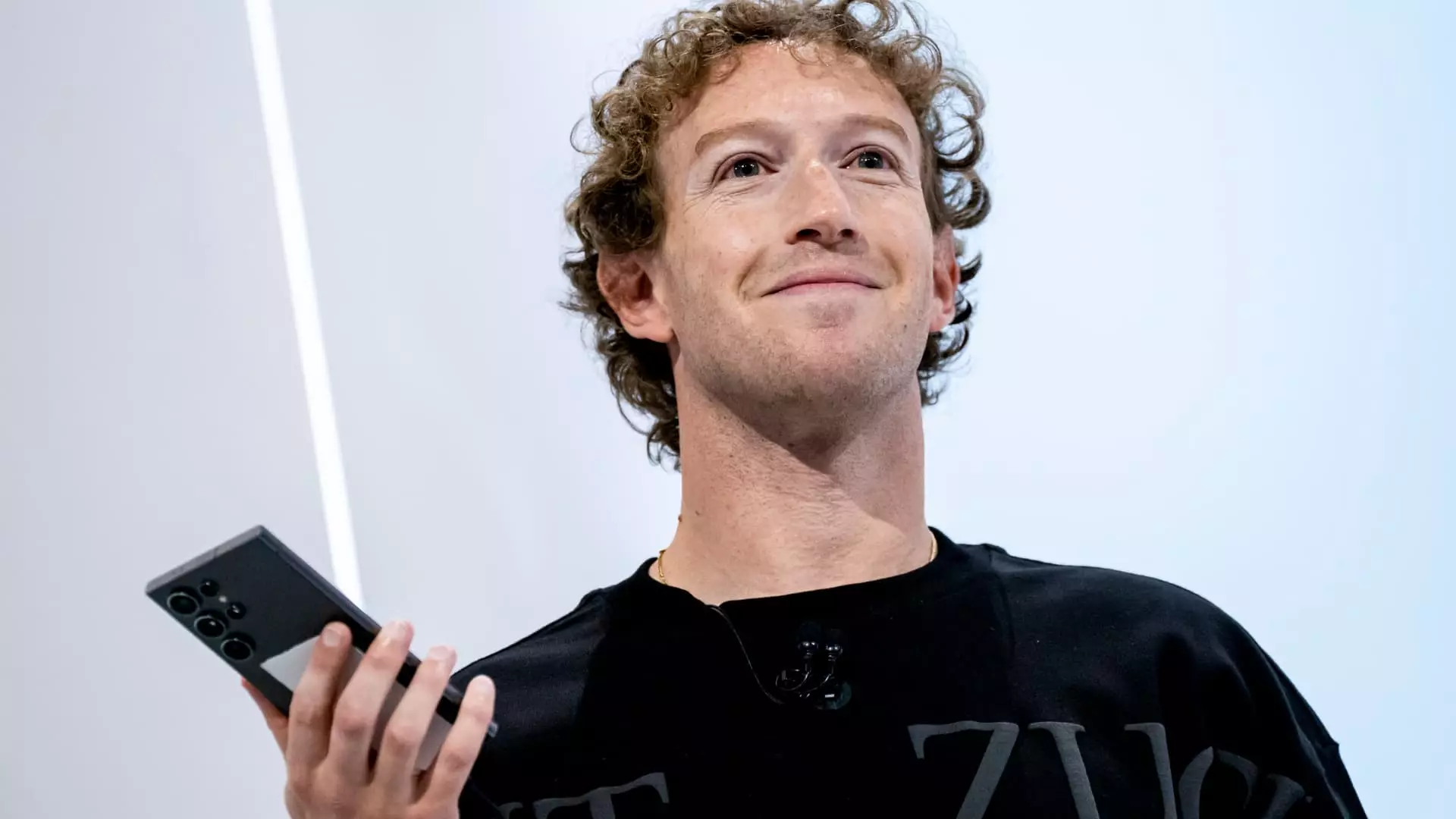In a recent episode of Joe Rogan’s podcast, Mark Zuckerberg, CEO of Meta, disclosed an intriguing perspective regarding the intersection of social media, government influence, and the ongoing discourse surrounding Covid-19 vaccines. As public health efforts intensify globally, the conversation about transparency, freedom of speech, and technological oversight has never been more critical.
During the nearly three-hour discussion, Zuckerberg, who generally espouses a pro-vaccine stance, candidly acknowledged the pressure his company faced from the Biden administration. While emphasizing that the benefits of vaccines outweigh the drawbacks, Zuckerberg echoed concerns about the extent to which contradictory narratives, particularly those addressing vaccine side effects, were removed from online platforms. This raises pertinent questions about the balance between public health advocacy and freedom of expression.
Zuckerberg’s assertion that the Biden administration urged Meta to suppress content related to vaccine side effects starkly contrasts with the overarching goal of promoting public health. Specifically, he articulated regret for decisions influenced by governmental pressure, stating, “They pushed us super hard, to take down the things that were honestly true,” indicating a troubling lapse in the principle of open dialogue.
This discussion is further complicated by Meta’s recent strategic pivot away from reliance on third-party fact-checkers. Instead, it opts for a community-based framework whereby users can contribute to discussions around the veracity of content. This change reflects a broader trend in social media to democratize control over content, much akin to recent moves by platforms like X, owned by Elon Musk. While this may enhance engagement and user participation, the efficacy of such a model in maintaining credible information remains to be assessed.
Critics may argue that this evolution could exacerbate misinformation rather than mitigate it, especially in an environment already rife with conspiracy theories and false narratives. The responsibility of curating accurate information, in addition to fostering an environment where all voices are heard, poses a significant challenge for social media platforms.
Zuckerberg’s comments couldn’t come at a more politically charged moment, as President Biden expressed disapproval of companies that, in his words, eschew accountability in fact-checking. The president’s concern that “a billionaire can buy something and say…we’re not going to fact-check anything” underscores the potential consequences of reducing oversight on digital platforms, especially given the vast reach and influence these networks wield.
Furthermore, Zuckerberg’s reflections on governmental oversight point to a more significant issue regarding the accountability of technology companies. He criticized the U.S. government’s inaction in comparison to the European Union, which has imposed hefty fines on tech firms for regulatory violations. Zuckerberg’s hopes that a change in administration may foster a more supportive environment for U.S. companies highlight the need for a balanced regulatory approach that encourages innovation while maintaining public safety.
The conversation between Zuckerberg and Rogan encapsulates the complex dynamics of vaccine discourse, governmental influence, and technological governance. As society grapples with the aftershocks of a global pandemic, facilitating transparent, fact-based conversations is paramount. The dichotomy of promoting public health while safeguarding freedom of speech is a delicate balance that needs careful consideration.
Moreover, as Meta navigates this evolving landscape, it must be vigilant in maintaining integrity in content moderation. The reliance on community-driven assessments raises the question of whether the platform can effectively manage the competing narratives that come with such a shift. Ultimately, fostering an environment of informed dialogue, devoid of undue pressure from any entity, will be essential for healing the societal rifts exacerbated during the pandemic and building trust in public health initiatives moving forward.

